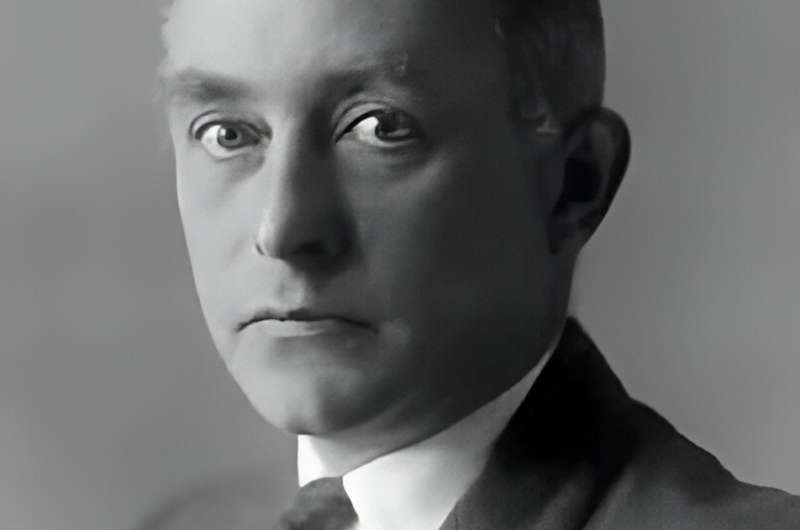This article has been reviewed according to Science X's editorial process and policies. Editors have highlighted the following attributes while ensuring the content's credibility:
fact-checked
trusted source
proofread
Would matrix mechanics win recognition today?

Albert Einstein, best known for his work in relativity, won the Nobel Prize for his formula for the photoelectric effect, which often surprises modern physicists. He's not the only physicist whose Nobel award misaligns with the winner's modern claim-to-fame.
In a study published in The European Physical Journal H, John Heilbron of the University of California, Berkeley, U.S., and Carlo Rovelli of Western Ontario University, Canada, analyze why the Nobel Prize in 1954 recognized Max Born's interpretation of the quantum mechanical wave function, while ignoring his leadership in the development of matrix mechanics.
The researchers conclude that assessments made by historical actors can serve as a barometer of the changing consensus of interpretations of quantum mechanics.
Before Erwin Schrödinger published his widely influential 1926 papers that treated the electron as a wave, Born and his students had formulated matrix mechanics as a tool for representing electron behavior based on observable quantities only.
Later, Born discovered how to interpret Schrödinger's wave function as a tool for calculating probabilities, which became part of the "Copenhagen interpretation" of quantum physics. The Nobel committee a generation away from the battles of the founders confirmed Born's contributions to what was then no longer the cutting-edge formulation of quantum theory.
Heilbron and Rovelli combine expertise in history and theoretical physics to reconstruct relevant episodes from calls for a new quantum mechanics in 1924 to Born's Nobel Prize thirty years later. They continue their evaluation in the light of recent ideas on the interpretation of quantum mechanics. These evaluations illustrate changing views about the role of quantum states and the relative importance of wave and matrix mechanics.
The researchers point out that recent quantum theory de-emphasizes the importance of the wave function, bringing Born's initial contributions back into the spotlight. The study illustrates how new knowledge can reshape consensus about scientific paradigms.
More information: John L. Heilbron et al, Matrix mechanics mis-prized: Max Born's belated nobelization, The European Physical Journal H (2023). DOI: 10.1140/epjh/s13129-023-00056-1
Provided by Springer





















